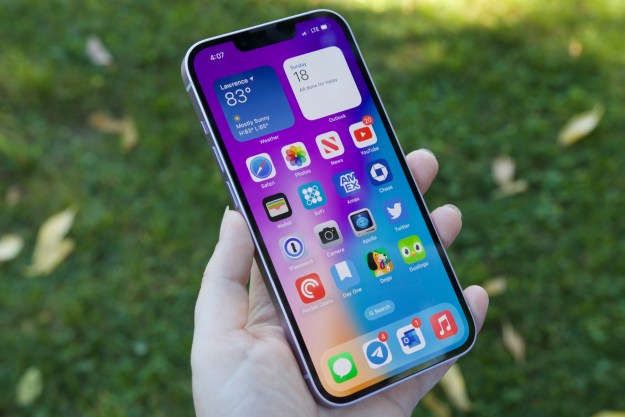Some developers are claiming Apple has taken aim against apps in its App Store that function as competitors to its Screen Time feature, which the company released alongside iOS 12.
Over the previous year, Apple is said to have removed or restricted at least 11 of the 17 most popular screen time-tracking and parental-control apps in the App Store, The New York Times reported, through an analysis with app data firm Sensor Tower.
The report interviewed developers, some of which suggested that Apple is trying to push iOS device users into using only Apple’s own apps, such as Screen Time. Apple reportedly ordered developers to remove key features from their Screen Time-like apps, or take them down entirely from the App Store.
Mobicip chief Suren Ramasubbu told the Times that Apple required his company to change the app within 30 days or face removal from the App Store. After multiple messages seeking clarification and the submission of a revised app, Mobicip was ultimately removed from the App Store.
“We treat all apps the same, including those that compete with our own services,” Apple spokeswoman Tammy Levine told the Times. “Our incentive is to have a vibrant app ecosystem that provides consumers access to as many quality apps as possible,” she added.
Apple has since clarified its statements in a blog post. Apple claims these apps were removed because they put user security and data at risk. According to Apple, these apps used a piece of software referred to as Mobile Device Management (MDM). This tech gives an app control and access to a device’s most sensitive areas, including user location, permissions, and otherwise. While the apps themselves may not pose a threat, Apple notes these apps would make tempting targets for hackers, and could ultimately put a user’s data and safety at risk. Apple says it gave developers 30 days to submit a new app version that did not require MDMs — though this part seemed lost on Mobicip’s developers.
However, some are likely still finding the timing of the demands to be suspect, as some of these apps have already been downloaded more than a million times. OurPact has been downloaded more than 3 million times and Mobicip about 2.5 million.
This is not the first time that Apple has seemingly given its own offerings an unfair advantage over third-party apps. Apple Music versus Spotify is no longer just all about who signs up the most subscribers, as Spotify has filed an antitrust complaint against Apple over the alleged preferential treatment for its own music streaming service.
Screen Time keeps track of how much time iOS device owners spend on their gadgets and on specific apps, though its features are said to be less granular compared to competitors. For example, Screen Time does not allow parents to block access to some apps at certain times of the day, such as while their children are in school.
Updated on April 29, 2019: Apple has issued a response to the claims.
Editors' Recommendations
- Everything you need to know about the massive Apple App Store outage
- Apple building an AI health coach for Apple Watch, report claims
- Apple cracks down on ChatGPT apps with harsh age ratings
- Guess how much Apple has paid App Store developers — you won’t even be close
- Apple may do the unthinkable — allow third-party iPhone app stores

